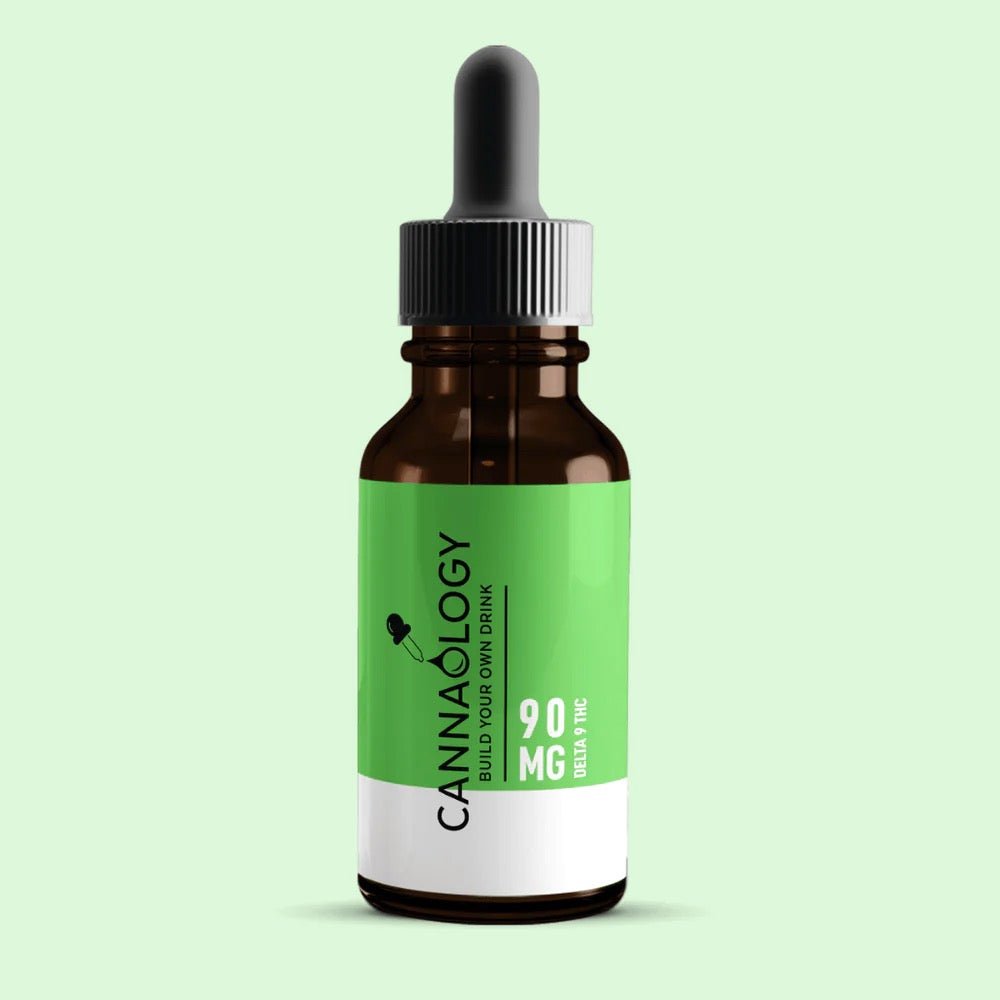
Remember that scene from Due Date where Zach Galifianakis says he needs to stop for weed because he left his glaucoma medication on the plane? Turns out that’s a legitimate medical use — although not one an ophthalmologist would generally recommend.
According to the results of a new study, however, people with glaucoma might be able to get the benefits of a cannabis-based treatment without the psychotropic side effects of THC. (Yes, it’s possible not everyone will be happy about this news.)
The peer-reviewed study was published in March in the journal Biochimica et Biophysica Acta - Molecular Basis of Disease, an international journal focused on biochemistry and molecular genetics of disease.
Researchers concluded that a non-psychotropic cannabinoid, cannabinol (CBN), holds promise as a treatment option for glaucoma, reports Hemp Grower.
Glaucoma is a group of eye conditions that increase pressure on the optic nerve. Left untreated, it can lead to vision loss and blindness. Current treatment options range from eye drops to laser treatments and surgeries.
Calling CBN “a potential multi-target therapeutic intervention for glaucoma,” researchers found it helps minimize damage to the optic nerve in three ways:
• Helping protect cells in the retina that are essential to vision, called retinal ganglion cells.
• Minimizing changes in the matrix of proteins between cells. This "extracellular matrix" is made of collagen and other molecules that help provide structure, elasticity, carry out tissue repair and other important functions. The changes researchers were looking for indicate a stress response due to increased pressure.
• Normalizing the levels of intraocular pressure in the eye. The extracellular matrix around the base of the cornea (described above) is believed to help regulate intraocular pressure in both normal and glaucomatous eyes. High pressure for sustained periods of time is what damages the optic nerve, so keeping pressure in a normal range is key.
The research findings were made over the course of several studies, observing cells and the extracellular matrix. These were done as both in vitro “test tube” studies and in vivo studies, within living organisms. Scientists at the Vancouver-based company InMed Pharmaceuticals partnered with researchers from the University of British Columbia to carry out the tests. InMed is currently developing a CBN eye drop — more on that in a bit.
Doctors Have Known of Cannabis’ Potential as Glaucoma Treatment for 50 Years
In a blog post for Ophthalmology Times, ophthalmologist Peter Hnik wrote that cannabis has been talked about for its potential in treating glaucoma for 50 years. But the need for frequent dosing paired with the psychoactive effects of THC was generally believed to outweigh any potential benefits.
The results of this study show non-psychotropic CBN may address both of those concerns.
Hnik, a consultant to InMed Pharmaceuticals, called the results "encouraging" and said CBN “may address some of the previous challenges associated with cannabis use and may present a new potential therapeutic intervention in the treatment of glaucoma.”
He noted that CBN’s apparent ability to protect retinal cells in addition to reducing intraocular pressure gives it an advantage over existing medications, which only reduce intraocular pressure.
“A glaucoma treatment providing proactive protection of the retina could slow the progression of optic nerve damage and reduce the risk of blindness,” he wrote.
He also noted that the beneficial effects of CBN appear to last longer than other cannabinoids, which reportedly lasted three to four hours. This meaning dosing won't have to be as frequent.
New Eye Drop Formula in the Works
InMed, one of the collaborators on this study, is developing a CBN eye drop to treat glaucoma. The company says on its website that it compared several cannabinoids, including CBD and THC, to find the best candidate for glaucoma treatment. CBN demonstrated the highest effects of neuroprotection in addition to its ability to reduce intraocular pressure.
This study is considered a preclinical study. InMed says it plans to apply for regulatory approval with the U.S. Food and Drug Administration in early 2023, which would initiate clinical human trials.







































